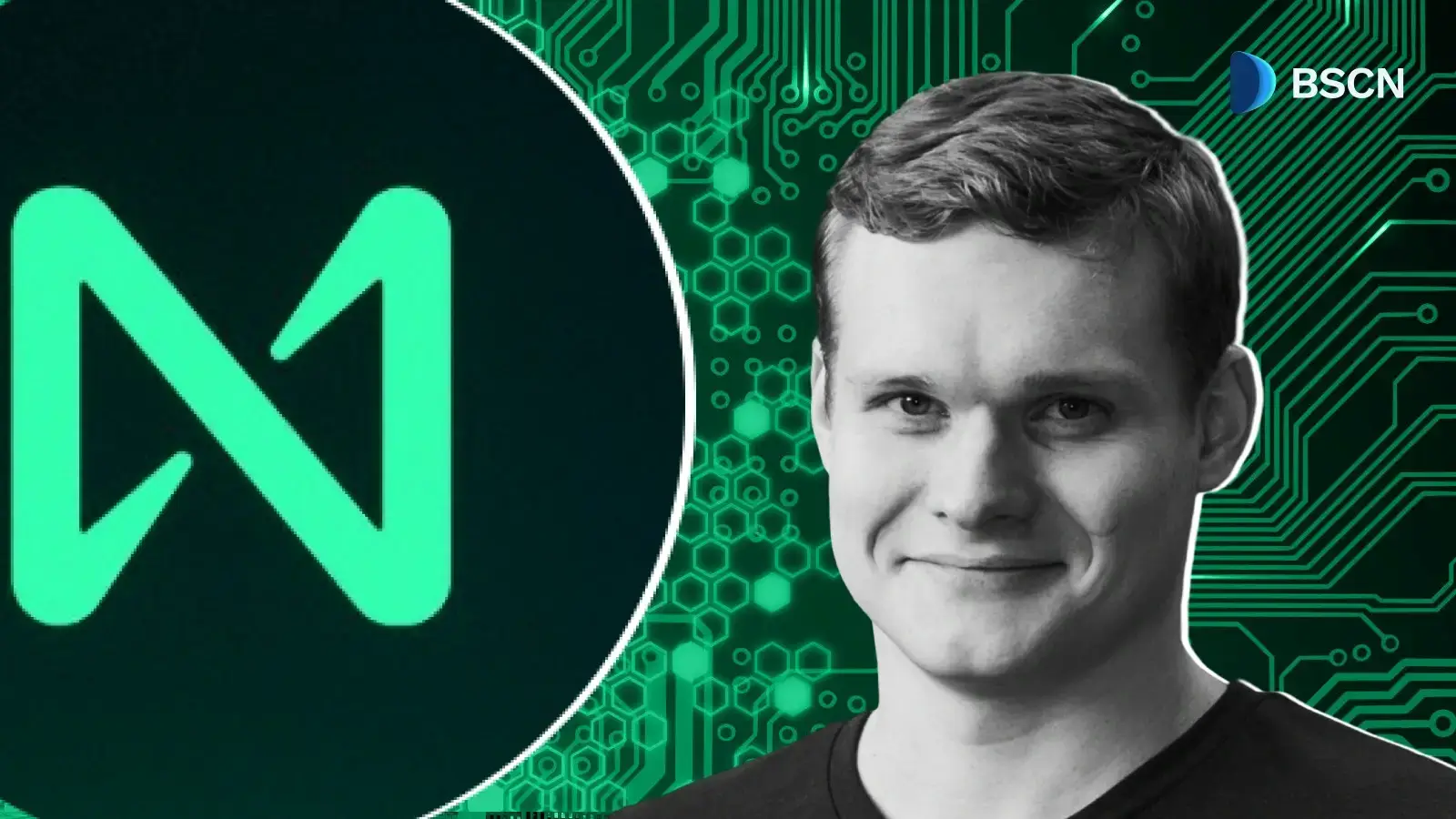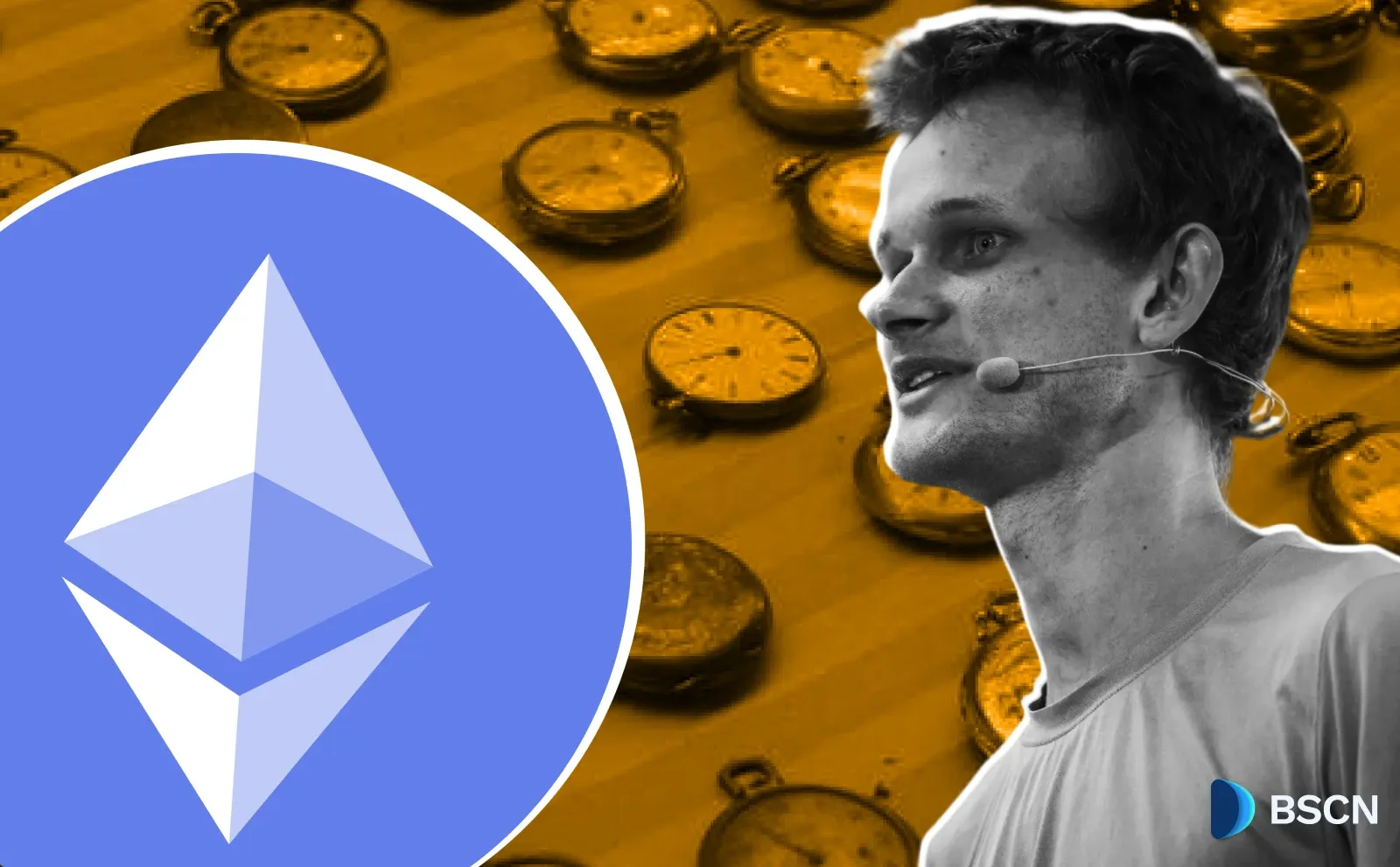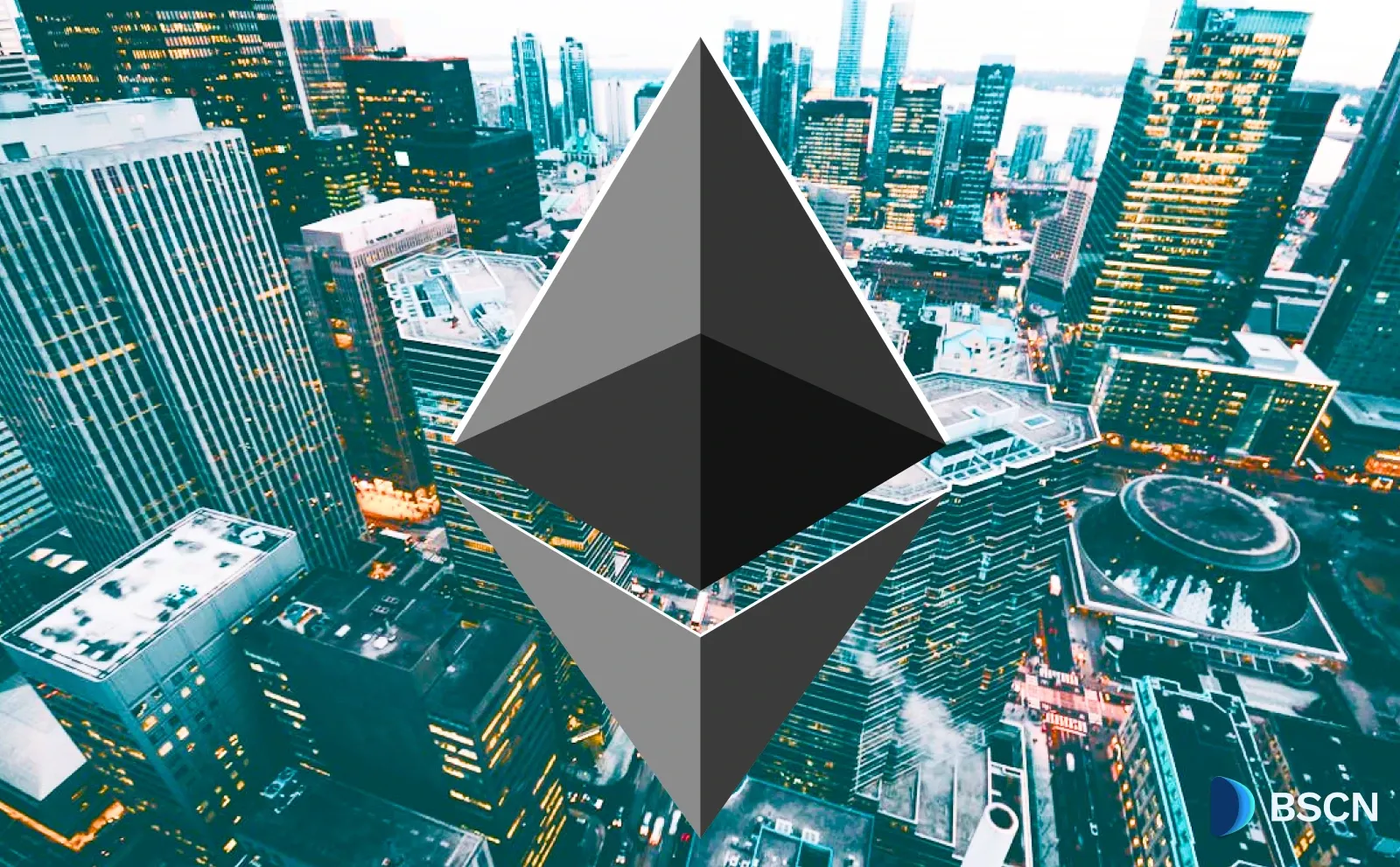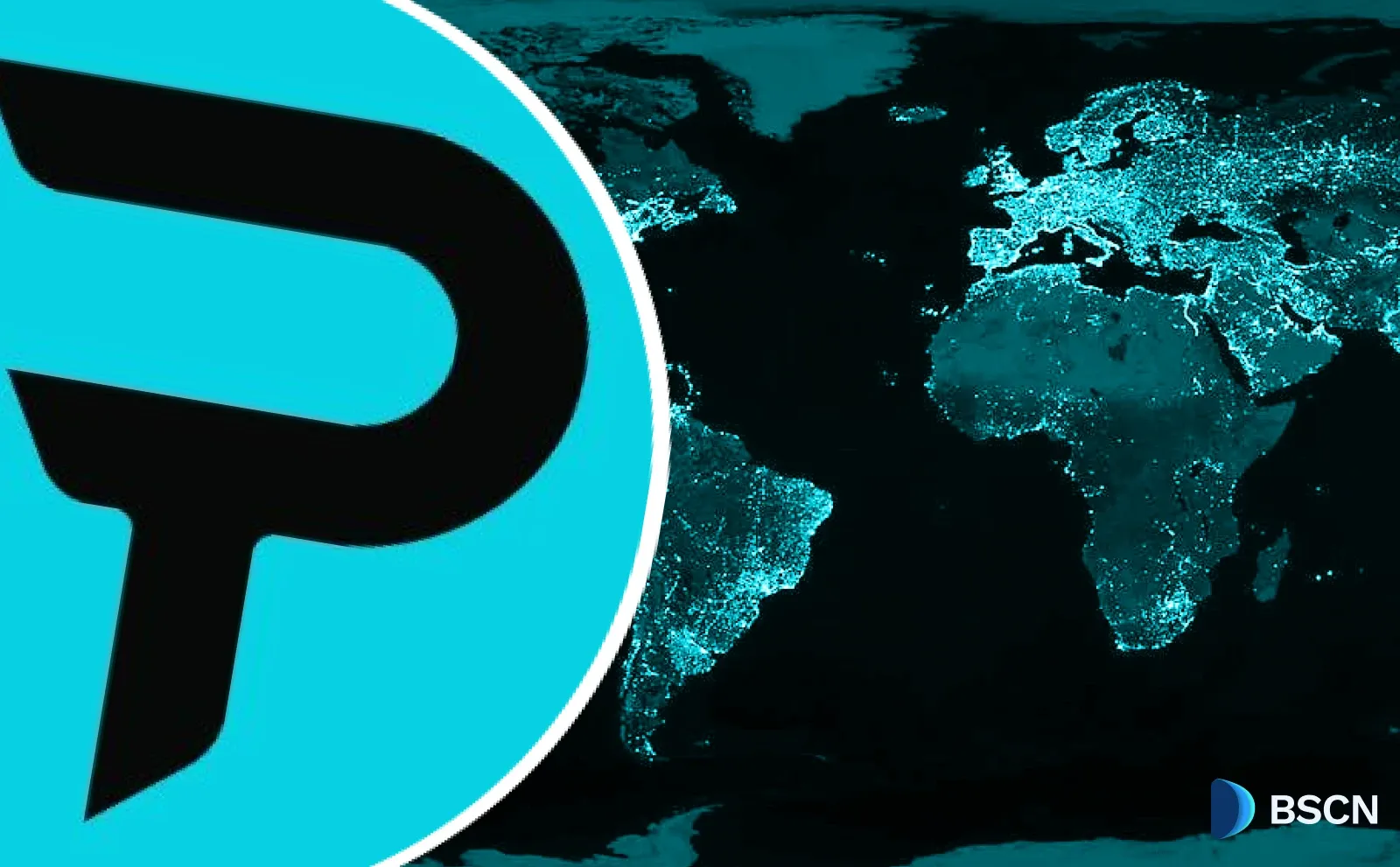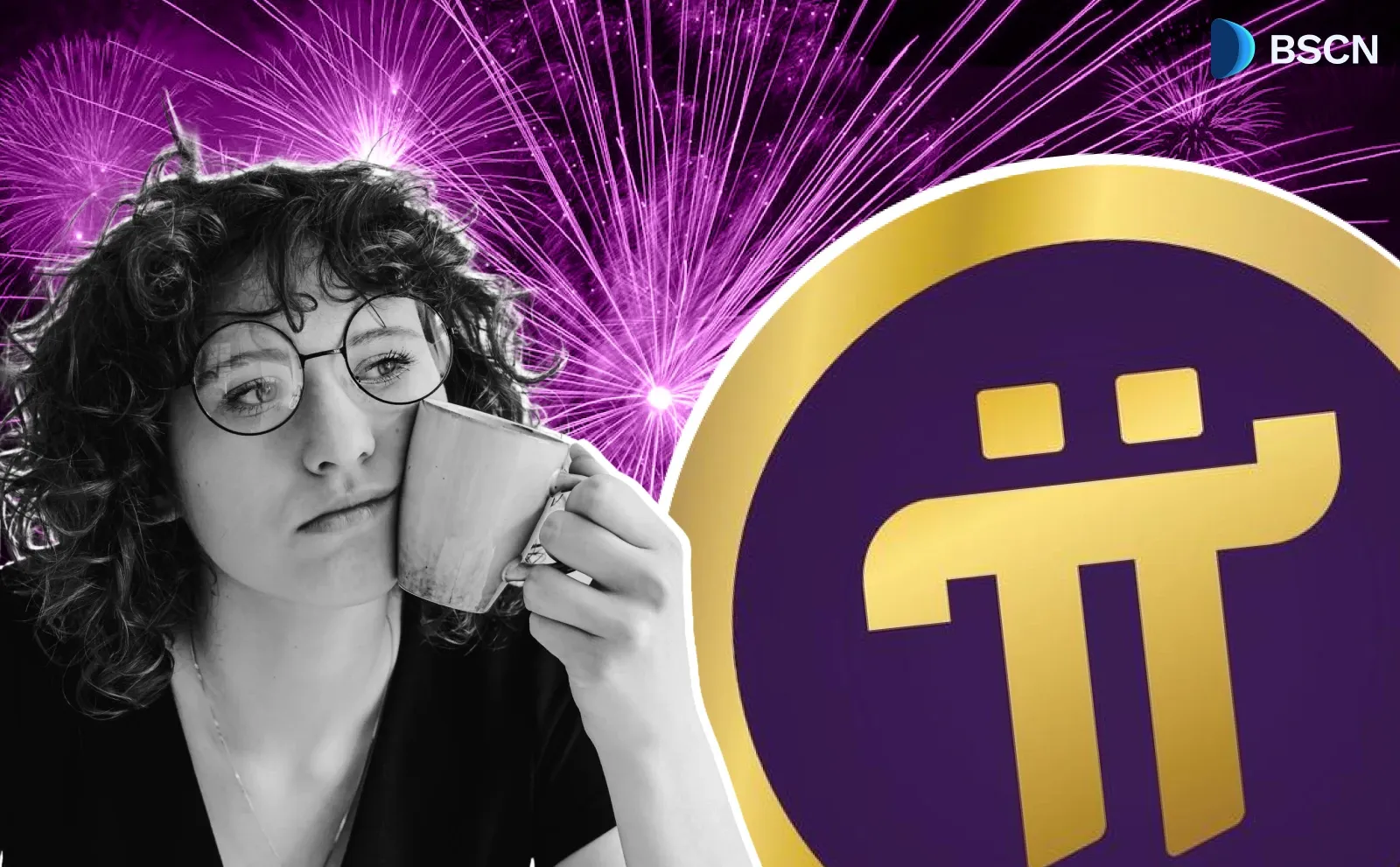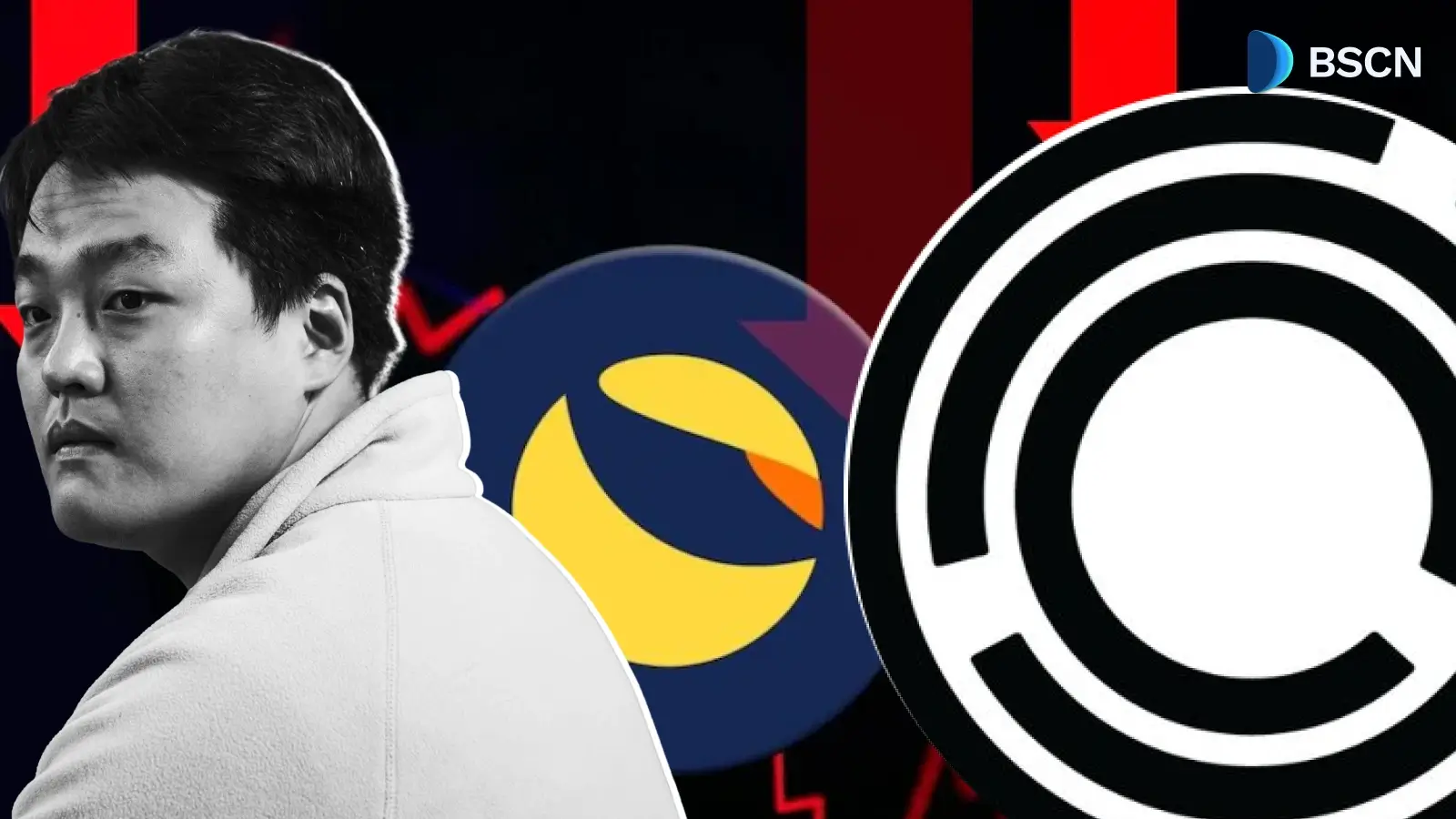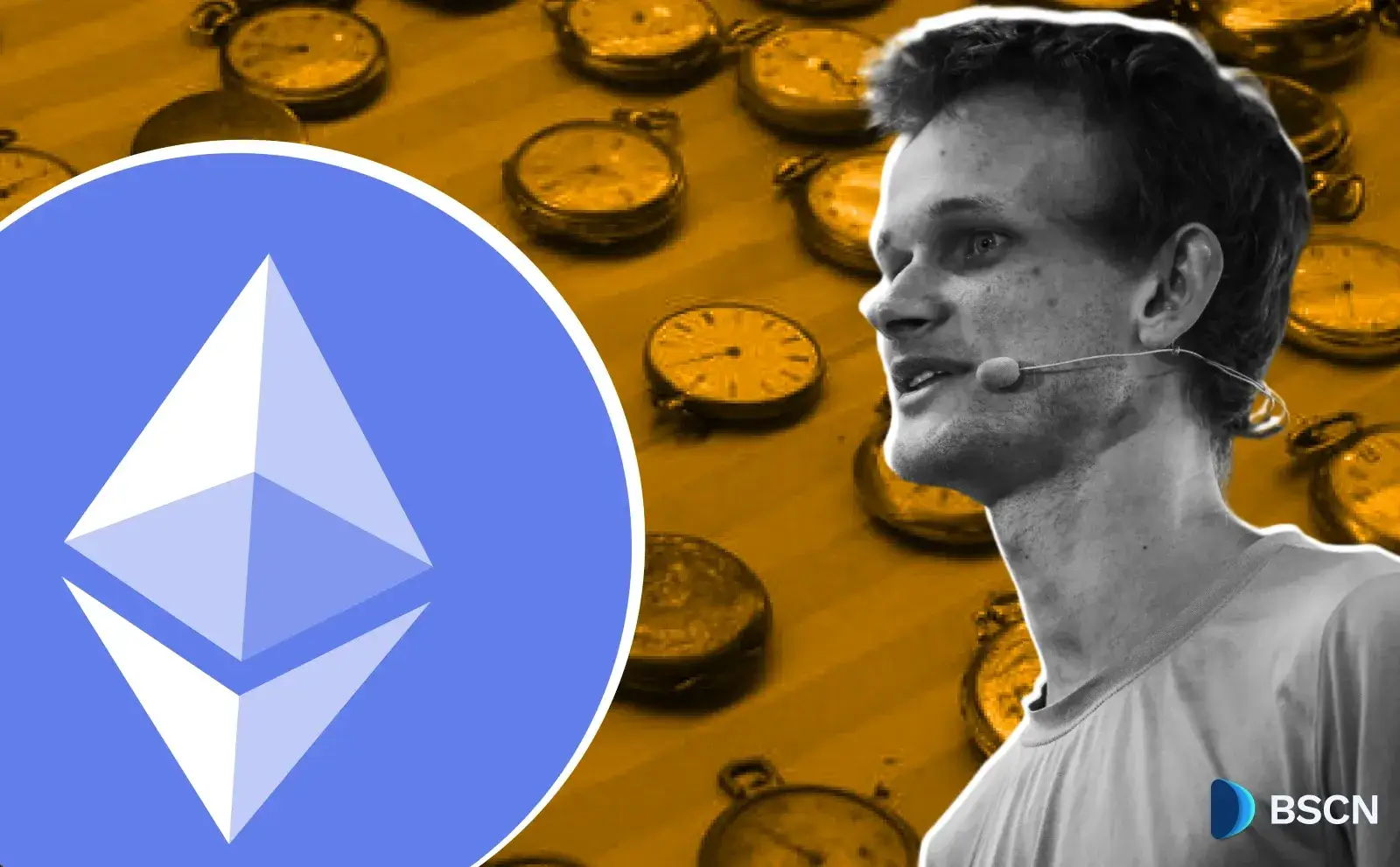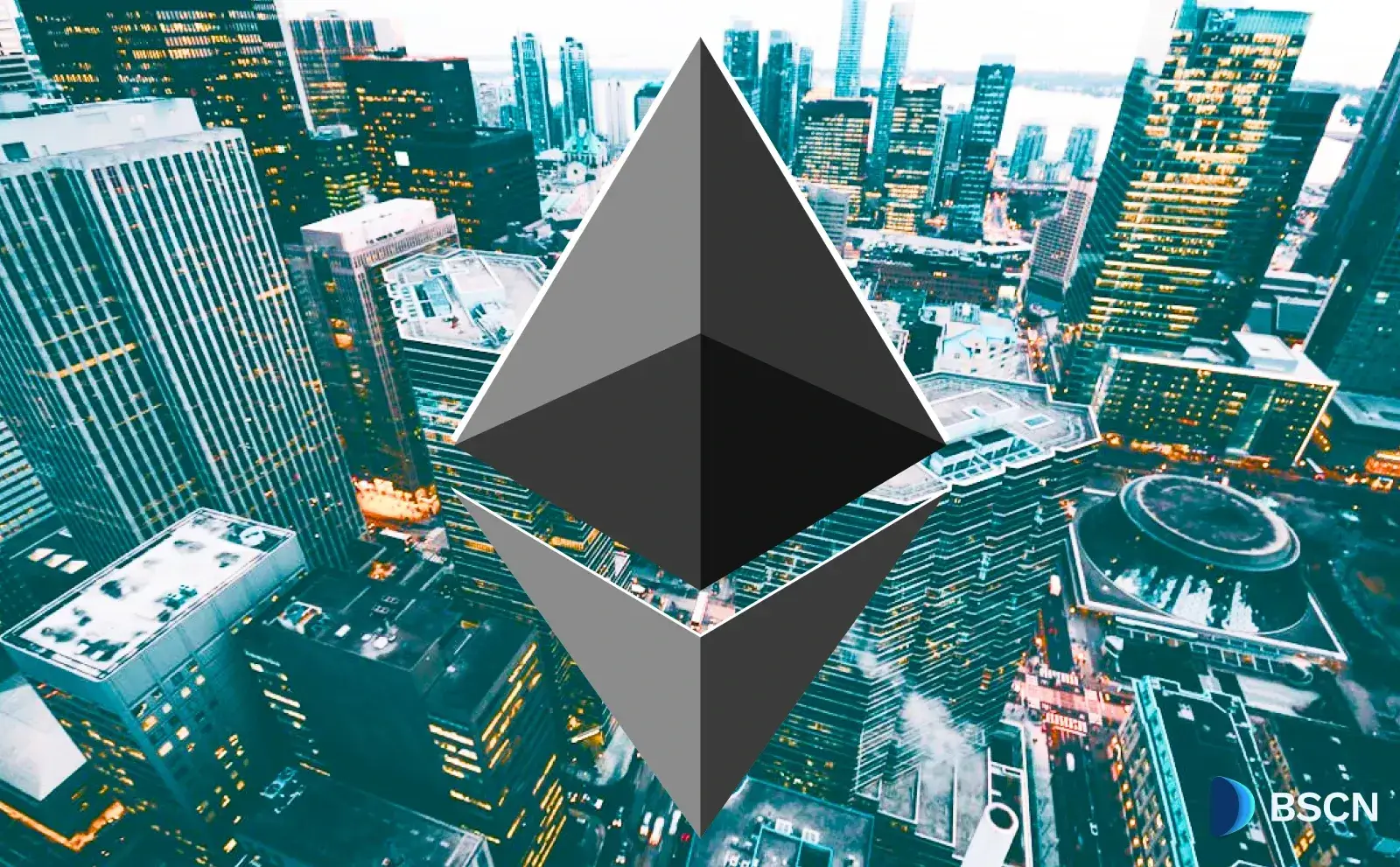Elympics Explained: Web3 Gaming Protocol Enabling a Play2Win Economy

Explore Elympics, a multichain Web3 protocol enabling skill-based Play2Win gaming with verifiable infrastructure, $ELP token economics, and AI-powered features.
Crypto Rich
July 7, 2025
Table of Contents
Elympics is a multichain Web3 gaming protocol that enables skill-based Play2Win gaming, allowing players to earn real cryptocurrency rewards through competitive gameplay rather than luck-based mechanics. Over 3 billion players worldwide are demanding more transparent and rewarding experiences, yet traditional gaming platforms struggle to deliver. This innovative protocol merges multiplayer gaming with blockchain technology to create something entirely new: a decentralized ecosystem where developers can deploy games across social platforms, digital wallets, and superapps, bypassing traditional app stores entirely.
What makes this different? Unlike conventional gaming ecosystems confined to app stores, Elympics empowers developers to deploy games across social platforms, digital wallets, and superapps. The protocol tackles long-standing issues that have plagued competitive gaming: centralized control, lack of transparency, and limited player ownership.
What is Elympics?
Think of Elympics as a Web3 gaming protocol designed to onboard millions to cryptocurrency through skill-based competitions. But here's the twist: the platform capitalizes on the explosive growth of superapps like WeChat or Telegram, which already host hundreds of millions of monthly active gamers. Games can be embedded directly within social apps, chat interfaces, and even wallets—bypassing traditional app stores entirely.
The protocol's mission is straightforward yet ambitious—enable skill-based Play2Win gaming across multiple platforms. Instead of confining games to traditional distribution channels, Elympics has built a decentralized infrastructure that allows developers to create and deploy multiplayer games without wrestling with blockchain complexity.
This isn't just another gaming platform. The system prioritizes skill over chance, giving players genuine opportunities to compete for real rewards in tournaments verified on-chain. By bridging major brands, intellectual properties, and Web3 technology, Elympics creates a player-first ecosystem powered by its native $ELP token.
The Gaming Industry's Transparency Problem
Traditional gaming faces three critical challenges that Elympics directly addresses.
First, centralization remains a major issue. Platforms maintain complete control over game data, monetization strategies, and reward distribution. This centralized approach limits player ownership and erodes trust in competitive outcomes—players never truly own their achievements.
Second, opacity in matchmaking systems, anti-cheat mechanisms, and prize distribution creates widespread skepticism. When players can't verify the fairness of matches or legitimacy of results, confidence in competitive gaming crumbles.
Third, platform isolation prevents games from achieving viral potential across social ecosystems. Games confined to specific platforms miss opportunities for organic growth through social sharing and community building.
How does Elympics solve these problems? Through decentralized infrastructure, enhanced transparency, and expanded accessibility. The protocol's node-based network verifies gameplay and records results on-chain, ensuring tamper-proof outcomes. Meanwhile, immutable Proof-of-Game records and open data protocols build trust in competitive play, while cross-platform distribution makes games easy to access and share.
Elympics Ecosystem Architecture
The Elympics ecosystem operates through three interconnected components that work together seamlessly.
Elympics SDK
The Elympics Software Development Kit is where the magic happens for developers. It enables the creation of real-time multiplayer games with integrated blockchain functionality, using a server-authoritative architecture that runs simulations on both server and client sides. The result? Zero input lag, minimal latency, and secure, fair gameplay.
But that's not all. The development kit includes plug-and-play components for wallet abstraction, in-game token swaps, cross-chain bridging, and NFT lifecycle management. This comprehensive toolkit means game studios can focus on what they do best—creating engaging gameplay—without getting bogged down in Web3 technical complexities.
Elympics Network
The Elympics Network provides decentralized infrastructure that powers verifiable multiplayer experiences. Network nodes function as in-game oracles by hosting matches and as watchers by validating gameplay integrity. The Elympics Sequencer finalizes results on-chain, creating cryptographic Proof-of-Game records.
The network currently runs on a permissioned model to ensure stability, with a roadmap toward becoming a fully decentralized DePIN network. This evolution will allow anyone to operate nodes and contribute to the network's security and functionality.
Elympics Monetization Layer
Here's where things get interesting for both players and developers. The Monetization Layer implements the Play2Win model, where players compete in skill-based tournaments for token prize pools. The system supports multiple competitive formats, including PvP matches, bracketed tournaments, high-score leaderboards, eSports leagues, and speedruns.
Revenue distribution benefits all stakeholders fairly. Developers earn commissions of up to 20% from entry fees, while Elympics collects a dynamic protocol fee ranging from 1% to 7%. This structure creates sustainable income streams for ecosystem participants.
Stakeholder Value Distribution
Elympics brings together four key stakeholder groups in a value loop powered by the $ELP token. Each group plays a distinct role:
Players maintain unified profiles with reputation scores based on gameplay history and $ELP collateral. This system enhances matchmaking quality and enables gasless transactions with direct blockchain payouts—no more waiting for centralized platforms to process rewards.
Game Developers can build and monetize games with zero blockchain overhead. The platform provides access to Play2Win models and seamless Web3 onboarding tools that simplify the entire development process.
Node Operators stake $ELP to host and verify matches, earning fixed fees per match based on performance tiers. This creates a sustainable income stream for network participants who contribute computational resources.
Community Members stake $ELP to access airdrop campaigns, launch tournaments, and participate in governance decisions. Active community participation generates creator commissions and voting rights.
$ELP Tokenomics
The $ELP token will serve as both the fuel and governance mechanism for the entire Elympics ecosystem, driving interactions across all stakeholder groups. It will facilitate game access, node operations, gameplay verification, premium features, and staking rewards, while protocol fees fund $ELP buybacks to support token value.
The token's utility will span multiple critical functions:
Game Access will require developers to lock $ELP to use the node network and monetize games.
Node Operations will mandate that operators stake $ELP to host and verify matches, with slashing mechanisms keeping everyone honest.
Gameplay Verification will use $ELP to enable replay review requests and oracle services.
Premium Features will allow players to lock $ELP for instant match access and higher stakes, which will boost their reputation scores.
Staking and Airdrops will enable community members to stake $ELP in tier-based vaults for token-gated rewards.
Revenue Buybacks will utilize protocol fees to fund $ELP buybacks, supporting token value. Governance will empower $ELP holders to vote on protocol upgrades and grant allocations. Token-Gated Data will require $ELP to access gameplay data for AI tools and third-party services.
Tokenomics Structure
The numbers tell a clear story about Elympics' approach to token distribution:
- Total Supply: 3,500,000,000 $ELP
- Circulating Supply at TGE: 25.15% (879,250,000 $ELP)
- Full Supply Timeline: 30 months from launch.
Allocation Breakdown:
- Core Contributors: 14% (6-month cliff, 24-month vesting, 0% unlocked at TGE)
- Early Backers: 11% (4-month cliff, 12-month vesting, 20% unlocked at TGE)
- Strategic Round: 12% (3-month cliff, 6-month vesting, 20% unlocked at TGE)
- Public Sale & Airdrop: 10% (no cliff, 3-month vesting, 30% unlocked at TGE)
- Ecosystem & Network Growth: 25% (no cliff, 30-month vesting, 5% unlocked at TGE)
- Liquidity: 10% (100% unlocked at TGE)
- Reserve Growth: 18% (no cliff, 24-month vesting, 35% unlocked at TGE)
The allocation structure supports builders, early believers, and strategic investors while ensuring adequate liquidity and scalability.
Token Sale and Community Access
Elympics completed a successful Alpha Pass presale (Round 1) from July 1-3, 2025, which sold out to early supporters and Alpha Pass holders. The project has structured a multi-round token sale approach, with Round 2 planned as a Community Sale for shard holders and whitelisted partner communities, followed by Round 3 as a public sale open to everyone. This phased approach demonstrates strong early community support while ensuring broader accessibility as the ecosystem grows.
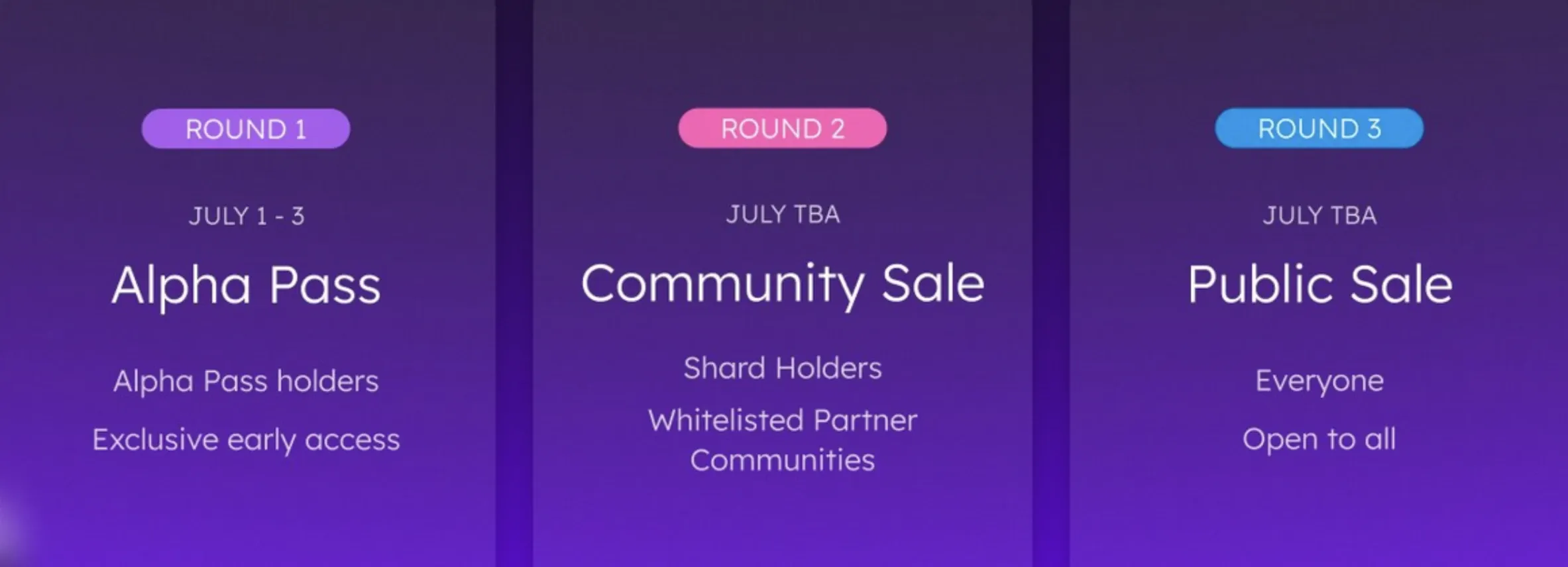
Agentic Gaming and Data Innovation
Here's where Elympics gets truly innovative. The platform pioneers what they call "agentic gaming" through its Open Data Protocol, which generates verifiable, structured gameplay data stored on IPFS. This isn't just data collection—it's building the foundation for the future of AI-powered gaming.
AI Agent Training enables developers to train AI agents that learn strategies, optimize gameplay, and adapt to dynamic game states. Imagine AI that actually gets better at games by studying real player behavior.
Agent-vs-Agent Competitions allow AI agents to compete on behalf of users, creating entirely new competitive formats and monetization opportunities.
AI-Powered Tournament Management uses AI agents to manage match logistics and provide real-time commentary, automating competitive operations and reducing overhead.
The Open Data Protocol also enables third-party applications, including eSports livestreaming platforms, real-time betting systems, and advanced anti-cheat mechanisms. Node operators will receive $ELP compensation for contributing data to this ecosystem—everyone wins when data flows freely.
Governance Structure
Elympics implements a decentralized governance model that empowers $ELP holders to shape the protocol's future. The governance process follows a structured approach:
Community Discussion begins on the Elympics governance forum using Discourse software to refine proposal ideas.
Formal DAO Proposals require 120,000 locked $ELP (0.01% of the circulating supply at TGE) for submission, with a 3-day review period.
Voting occurs off-chain on Snapshot, where 1 locked $ELP equals 1 vote. Voting periods last 14 days and require a 50%+ majority with a 3% quorum of locked $ELP.
Execution follows a 3-day waiting period before implementation by the 5-member Security Council, which operates as a 3-of-5 multisig.
The Security Council maintains emergency powers for urgent issues like protocol exploits, ensuring security while preserving community-driven evolution.
Business Model and Revenue Streams
Elympics' Play2Win model drives its business strategy through token-based entry fees for merit-based matches and tournaments. Prize pools combine entry fees with optional sponsorship funds, creating multiple revenue streams:
Protocol Fees range from 1% to 7% of prize pools, allocated to the treasury for development and $ELP buybacks. Developer Revenue reaches up to 20% of entry fees, calculated after tournament creator commissions.
Tournament Creator Commissions provide a capped share of prize pools for tournament organizers. Prize Pool Distribution awards remaining funds to winners, ensuring fair competition rewards.
To maintain economic stability, Elympics whitelists tokens including USDC, USDT, ETH, and BTC for entry fees. Game-level controls maintain liquidity, while minimum entry fees account for hosting and sequencing costs. All participants in a match use the same token to standardize the value.
Future Development and Market Impact
Elympics aims to transition its node network to a fully decentralized DePIN, enabling open participation in node operations for deterministic games. With scalability powered by decentralized infrastructure and groundbreaking features like Play2Win and agentic gaming, Elympics aims to:
The protocol seeks to onboard millions to Web3 through accessible, skill-based gameplay while empowering developers with simplified blockchain integration and new revenue streams. The platform aims to transform eSports with verifiable, transparent outcomes and drive innovation in AI gaming through the Open Data Protocol.
Partnerships with Antix, building multiplayer mini-apps with Digital Twins via the Elympics SDK, and Moca Network by Animoca Brands, integrating AIR Kit for verifiable gaming identities, demonstrate Elympics' growing network effects. These collaborations position the protocol to lead Web3 gaming innovation through enhanced fairness, accessibility, and security.
Technical Implementation
The protocol operates on a multichain architecture supporting various blockchain networks. The server-authoritative model ensures game state integrity while maintaining low latency for competitive gameplay. Smart contracts handle prize pool management, entry fee collection, and reward distribution automatically.
The node network uses a consensus mechanism to verify gameplay results before finalizing them on-chain. This approach prevents cheating while maintaining the performance requirements of real-time competitive gaming. The protocol's design allows for horizontal scaling as the network grows.
Community and Developer Adoption
Elympics has established a Community Sale waitlist for the $ELP token, emphasizing rewards for early contributors and ecosystem growth incentives. The development team maintains active engagement through social media channels and provides comprehensive documentation for developers.
The SDK's plug-and-play approach reduces barriers to entry for game developers unfamiliar with blockchain technology. Pre-built components for wallet integration, token swaps, and NFT management enable rapid development cycles.
Conclusion
Elympics tackles fundamental issues in competitive gaming through decentralized infrastructure, transparent gameplay verification, and skill-based reward systems. The protocol's three-layer architecture, which combines SDK tools, network infrastructure, and monetization mechanisms, creates a sustainable ecosystem for all stakeholders.
The $ELP token's utility across game access, node operations, governance, and premium features aligns incentives between players, developers, node operators, and community members. With detailed tokenomics, structured governance, and innovative features like agentic gaming, Elympics establishes itself as a significant player in the Web3 gaming space.
The platform's focus on accessibility through social platform integration, combined with robust technical infrastructure and clear monetization models, positions Elympics to capture significant market share in the growing intersection of gaming, social media, and decentralized finance.
To learn more about the ecosystem or follow development updates, visit https://www.elympics.ai/ and follow @elympics_ai on X.
Sources
Read Next...
Frequently Asked Questions
What is Elympics and how does it work?
Elympics is a Web3 gaming protocol that enables skill-based Play2Win gaming across multiple blockchain networks. The platform uses a three-layer architecture combining an SDK for developers, a decentralized node network for game verification, and a monetization layer for tournaments. Players compete in skill-based competitions for cryptocurrency rewards, with all gameplay results verified on-chain through Proof-of-Game records to ensure fairness and transparency.
How do players earn money through Elympics?
Players earn cryptocurrency rewards by competing in skill-based tournaments and matches using the Play2Win model. Entry fees create prize pools distributed to winners, with no reliance on luck or chance mechanics. The platform supports various competitive formats including PvP matches, bracketed tournaments, leaderboards, and eSports leagues. Players maintain unified profiles with reputation scores, enabling gasless transactions and direct blockchain payouts without waiting for centralized platform processing.
What is the $ELP token and what are its uses?
The $ELP token serves as the native cryptocurrency powering the entire Elympics ecosystem with a total supply of 3.5 billion tokens. Players use $ELP for premium features, instant match access, and staking rewards. Developers lock $ELP to access the node network and monetize games. Node operators stake $ELP to host and verify matches, earning fees based on performance. The token also enables governance voting, protocol fee buybacks, and access to AI-powered data services within the ecosystem.
Disclaimer
Disclaimer: The views expressed in this article do not necessarily represent the views of BSCN. The information provided in this article is for educational and entertainment purposes only and should not be construed as investment advice, or advice of any kind. BSCN assumes no responsibility for any investment decisions made based on the information provided in this article. If you believe that the article should be amended, please reach out to the BSCN team by emailing [email protected].
Author
 Crypto Rich
Crypto RichRich has been researching cryptocurrency and blockchain technology for eight years and has served as a senior analyst at BSCN since its founding in 2020. He focuses on fundamental analysis of early-stage crypto projects and tokens and has published in-depth research reports on over 200 emerging protocols. Rich also writes about broader technology and scientific trends and maintains active involvement in the crypto community through X/Twitter Spaces, and leading industry events.
Crypto Project & Token Reviews
Project & Token Reviews
Comprehensive reviews of crypto's most interesting projects and assets
Learn about the hottest projects & tokens






